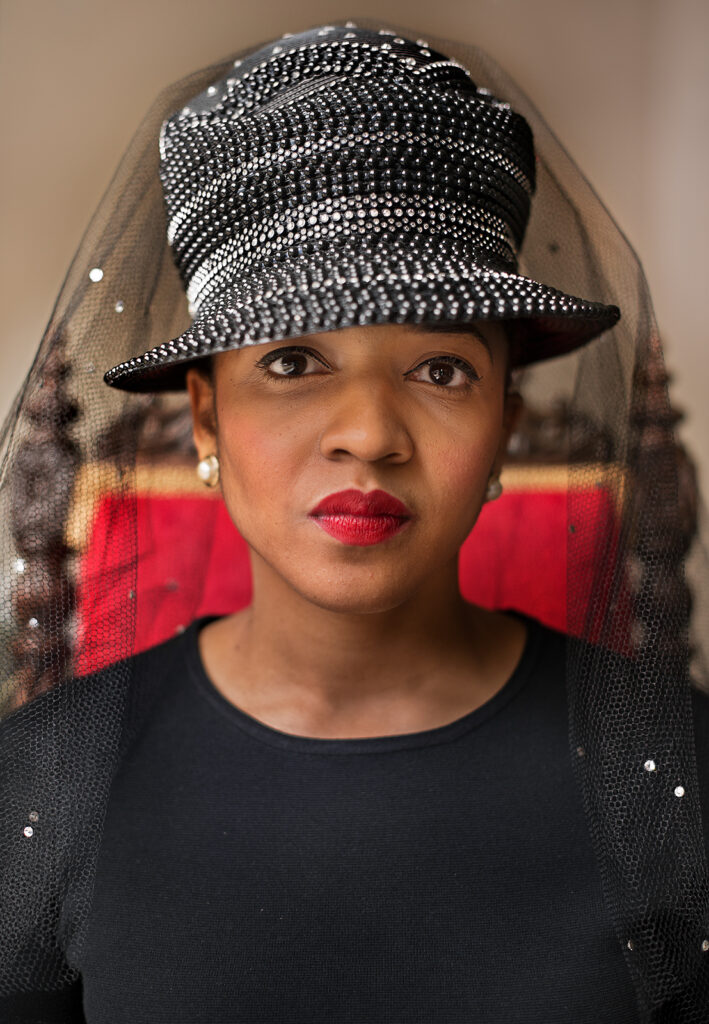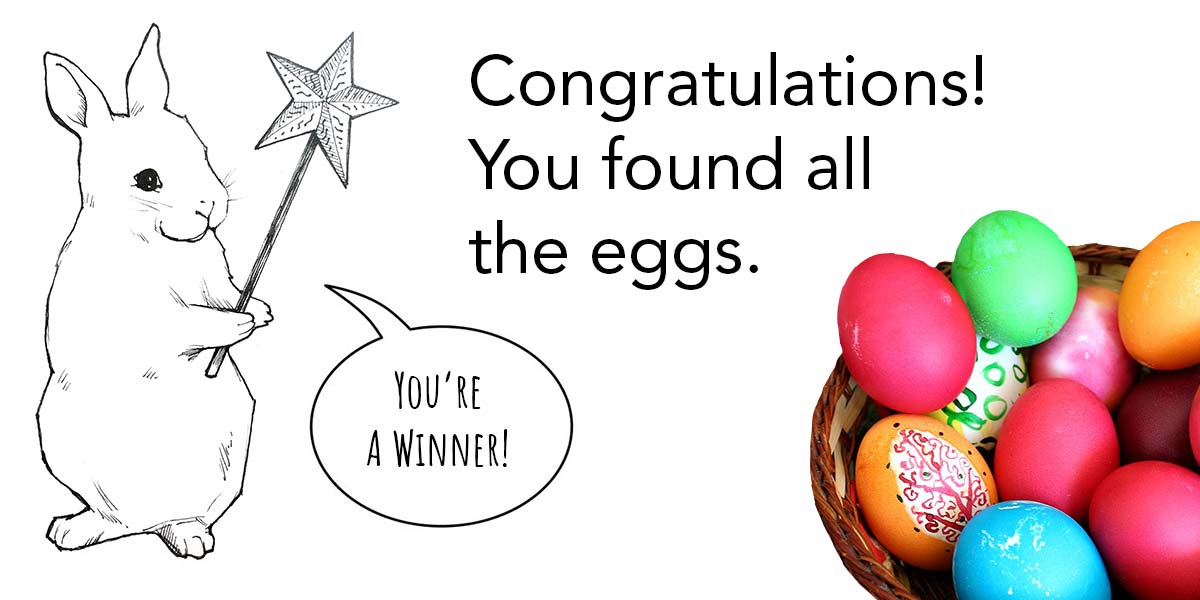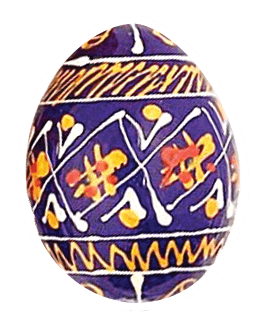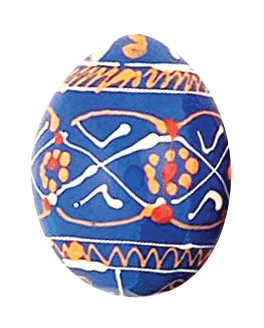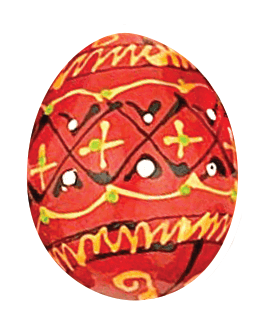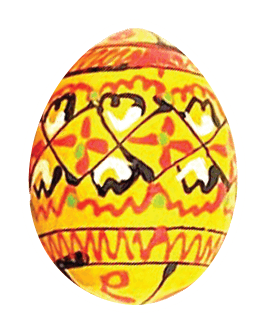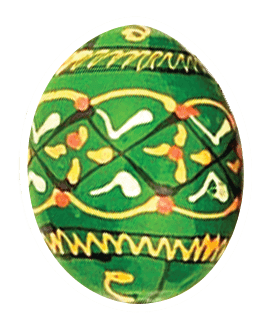When Brittany saw the portrait we had made together, she winced. “I look so mean,” she said. We were standing in her office at the University of West Georgia, where she works in student services. I was asking if she would allow me to turn the photo into a 20-foot banner and install it on the exterior of her office building. She said she thought the photo is “raw and it’s real. But of course I don’t want people to think I’m mean.”
Brittany wanted to show the photo to some of her colleagues, so as we walked down the halls of the school, she drew people over and asked what they thought. “It’s beautiful,” said one woman. “You look like Coretta Scott King,” said another, alluding to her bejeweled, veiled hat, and the famous photographs of the slain civil-rights leader’s wife at his funeral. “A modern, updated Coretta Scott King.”
Brittany was touched by that connection, but said that she still needed time to “pray about it” before she could make a commitment. Days later, as I was getting on a plane in Atlanta to return to Rhode Island, I received a text: “The more and more I think about your project, the more I get excited and anticipate witnessing such a beautiful moment and time for Newnan,” Brittany wrote. I thanked her, and told her that I’d be in touch when I got back to town.
The next time we were together, Brittany explained that she’d wanted to be certain that she was putting herself out there for the right reasons: “to glorify the Lord,” she said, “and to make sure that I’m not just serving myself. . . . I wanted to make sure that to someone else it would serve a purpose.”
Brittany thought back to her childhood days, as the youngest of seven growing up in Texas. She didn’t always see her loved ones being their best selves, she said, and remembered feeling conflicted that she could love people and yet not want her life to mirror theirs. It was then that she began to look outside her family for a different path. During high school, Brittany joined the drill team, where she learned more about discipline. And she made a friend whose mother was a doctor, which gave her the idea that she, too, could be highly educated.
She enrolled at Texas Woman’s University, and during a trip to Atlanta made another discovery. “I loved how there were so many African-American-owned businesses,” she says, “and the strong community they had.” She was moved to stand in the house where Martin Luther King Jr. had been a boy, and to immerse herself in Black history. “The music, the art, the education, the entrepreneurship – the multi-levels of Blackness there were fascinating to me.”
After college, Brittany joined Alpha Kappa Alpha Sorority Incorporated, the first African American sorority, founded in 1908, on the campus of Howard University for college women of color. The organization, with now some 300,000 members worldwide, works to “mold Black women into excellence,” Brittany said, by providing them with a system of inspiration, connection, and support.
Brittany attends AKA national conferences and local chapter meetings, which sponsor programs on topics such as women’s health, building one’s financial legacy, and helping young people gain access to college. “It’s so powerful,” she said, “because you’re surrounded by women who are doing great things professionally, but also have the compassion and the determination to make change in their lives and communities, and eventually society and the world.”
Brittany admitted that – like her family, and like all humans – she too has made mistakes: gone through dark periods that she’s not proud of, and experienced the consequences of poor choices. But she said that she believes that God forgives and restores, and that we are always called to strive to be better. By allowing her image to be reproduced on a large scale in her town, she said, she wanted to “convey the message that you should be your best self, in spite of your circumstances, your community, and your surroundings.”
After the portrait was installed on the building where she works (a hospital during segregation that served only whites), Brittany received hundreds of messages from people in her community. “Wow, what a blessing – it brought tears to my eyes,” wrote one woman. “It touched me so much just to ride by and see a familiar face,” wrote another, “and to let the young ladies know anything is possible.”
“I am in awe of how many love vibes I am getting!” Brittany texted me. “The icing on the cake,” she said later, “was when I got a Facebook message from a young lady who said that I was such a big deal and so inspiring to her. She thanked me for being great, for the example of greatness.
“That was the best, most humbling compliment I’ve ever received,” she said.
